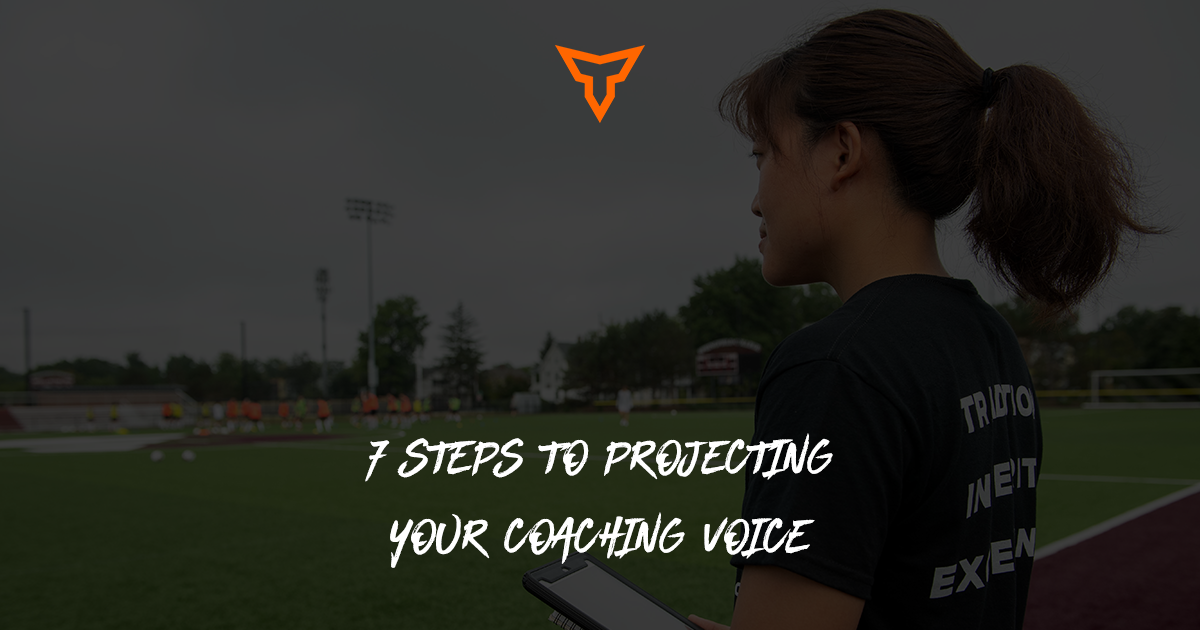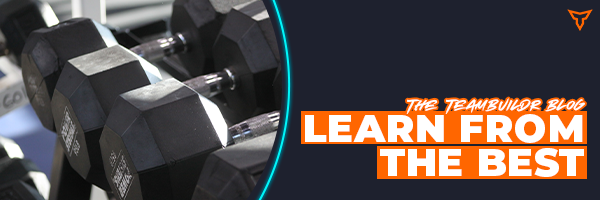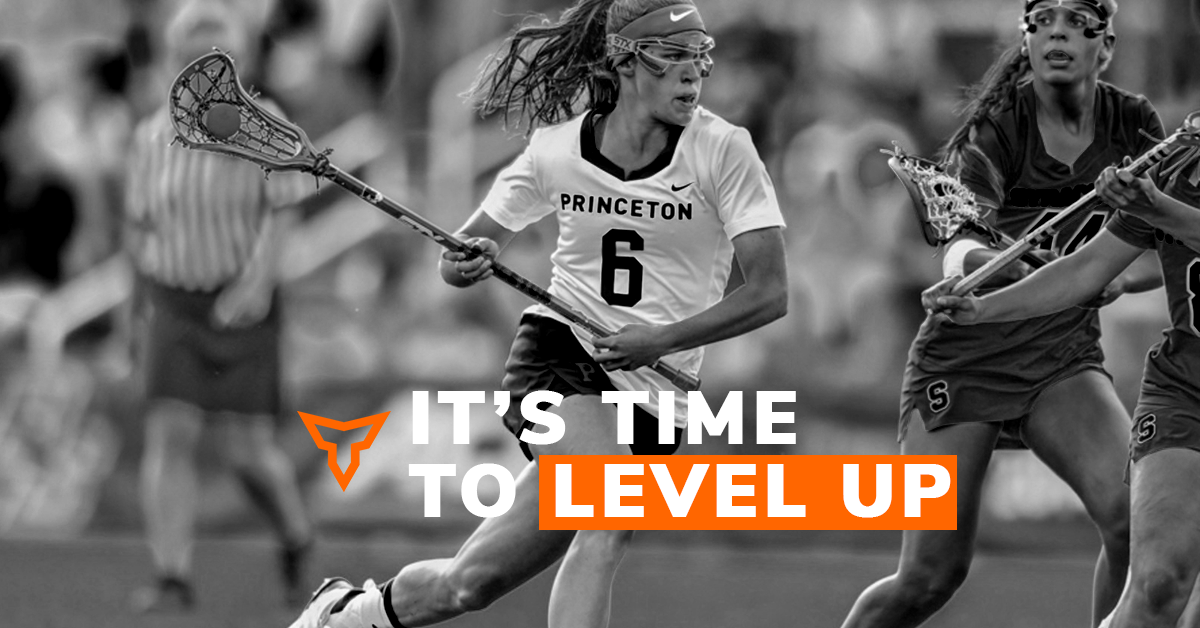When to Make Career Moves: Part 1 - GA's and Interns
During my time as a Collegiate Strength and Conditioning Coach over the past decade, I’ve had the privilege of mentoring numerous aspiring professionals looking to either enter the field or advance their current position. As the demands on Strength and Conditioning professionals have grown, so too has the need to create more positions within athletic departments. Consequently, there are now more opportunities available for individuals to obtain coaching positions.
In the early stages of their careers, these young professionals are confronted with a multitude of pathways, decisions, and considerations on their journey. Each coach has a unique narrative about their path to success and while young professionals are eager to absorb the stories and experiences shared by veteran coaches, I have often seen this resulting in more confusion than clarity for young coaches when deciding the next step in their careers. How does someone know what is the “correct” next step or if taking a different position at another university is best for their career? In Part 1 of this series, we will explore considerations for an intern or graduate assistant nearing the end of their agreed timeline in their current position.
If you are in the position of an intern or graduate assistant, you often have a hard end date approaching. Some universities have opportunities for you to either elevate your position or extend your current timeline but the assumption in this scenario is that you must move on from your current role. In a panic, you either start putting your name in for every position that comes open hoping to get a bite or you have become so picky based on job descriptions that you barely apply for anything. Although I do believe young coaches should be less restrictive in their search, it is important to be mindful of where you are applying and how much you are putting your name out there. Young professionals should take a generalist approach and be open to all the potential opportunities but there are a few things to consider when in this scenario.
Elevation in Status
In any profession, a fundamental aspiration tends to be career advancement and the continuous elevation in status with each step. For interns and graduate assistants, securing your first full-time position often represents a significant milestone within your career. To gain traction within your career, each successive position should be elevated from your current position. Applying this thought process when applying for positions will guarantee career progression.
Elevation in status can present itself in several ways, whether it is increased responsibility, increased compensation, transition to a leadership role or simply a position that brings you closer to your end career goal, all are important considerations when assessing potential positions.
Elevating your status with each step in your coaching career reflects your commitment to career growth, allows you to take on more significant challenges and opens opportunities for professional and personal growth. Ultimately, seeking a higher status position can be a catalyst for long-term success and fulfillment within your coaching career.
Mentorship and Networking
As a young coach entering the field of strength and conditioning, it may appear large but as you gain experience, you come to realize that it is surprisingly interconnected. Expanding your professional network and actively seeking mentorship are crucial components in the development of your career. In my opinion, the logical starting point is to seek out a mentor, especially if you do not feel connected to one in your current role, finding one in your next position will be critical for growth.
A mentor demonstrates great expertise and has an abundance of experience in the areas of which you are looking to develop. This individual likely has a proven track record of success, and they possess the ability to navigate situations well due to their extensive experience. A great mentor displays patience, effective communication, offers constructive feedback and provides support as you progress in your career.
A mentor often brings with them a substantial network, which they may allow you to tap into for future growth and development. Expanding your network beyond your existing “tree” will provide you with more access points. One of the biggest benefits of such a large network is the potential for future job opportunities. Networking also provides opportunities to learn from diverse perspectives, fosters professional development and may even present a chance for more mentorship.
Both positive mentorship and networking can provide great growth for your career and start to increase your visibility and credibility as a successful coach.
Continuing Education Opportunities
As an intern or graduate assistant, you are likely at the lowest foundational knowledge level you will be at for the duration of your career. That statement is not meant to be insulting, but you are just starting out in the field and lack the exposure many veteran coaches have gained over the years. That is why considering your options for continuing education when taking a step forward in your career is important. Asking specific questions regarding continuing education budget, ability to travel to conferences and areas of concentration for professional development can contribute to your own development as a successful coach.
Having access to significant continuing education opportunities will encourage the staff to stay current with trends and research, maintain required certifications and most importantly, it serves as a catalyst for enhancing your own skills and expanding your knowledge base. It is worth noting that while not all knowledge gained through continuing education will be immediately applicable, these insights can be an invaluable resource in the future which will only facilitate your ongoing development as a successful coach.
Division and Conference
Collegiate athletics operates within a structured hierarchy, and while considering division and conference may seem superficial, it can dictate numerous aspects that can profoundly shape your experience. These factors range from caliber of athletic talent, available resources, financial backing for the strength and conditioning department, staffing, schedule constraints, sport assignment, and NCAA rules and regulations, among many others. The implications of this consideration are extensive and although it may not be a top priority, it is important to be cognizant of where your current institution fits within the hierarchy and where you envision your career progressing in the future.
For interns and graduate assistants seeking to navigate the field of strength and conditioning, a pivotal piece of advice I always give is to first evaluate your long-term career goals and then strategically target positions that align with your career trajectory. If the goal is to become a Division 1 Power 5 coach, prioritize applying for positions that fall within those perimeters. It is important to gain as much experience in roles that most closely mirror your “dream” position. As a general guideline, it’s often stated by professionals in the field that earning a coaching position in lower divisions or smaller conferences is more feasible when you have already gained experience from an institution that falls higher in the hierarchy, whereas elevating your current division and conference becomes considerably more challenging. Therefore, strategic planning when applying for positions plays an essential role in crafting a successful collegiate coaching career.
When starting your journey into strength and conditioning, be open to all opportunities and look for positions that help you take steps toward your ultimate career goal. Although there are many other variables to consider and everyone’s path to success is different, be intentional on your journey and take the path that best supports your career aspirations.
Subscribe to our blog
Subscribe to receive the latest blog posts to your inbox every week.
Related posts
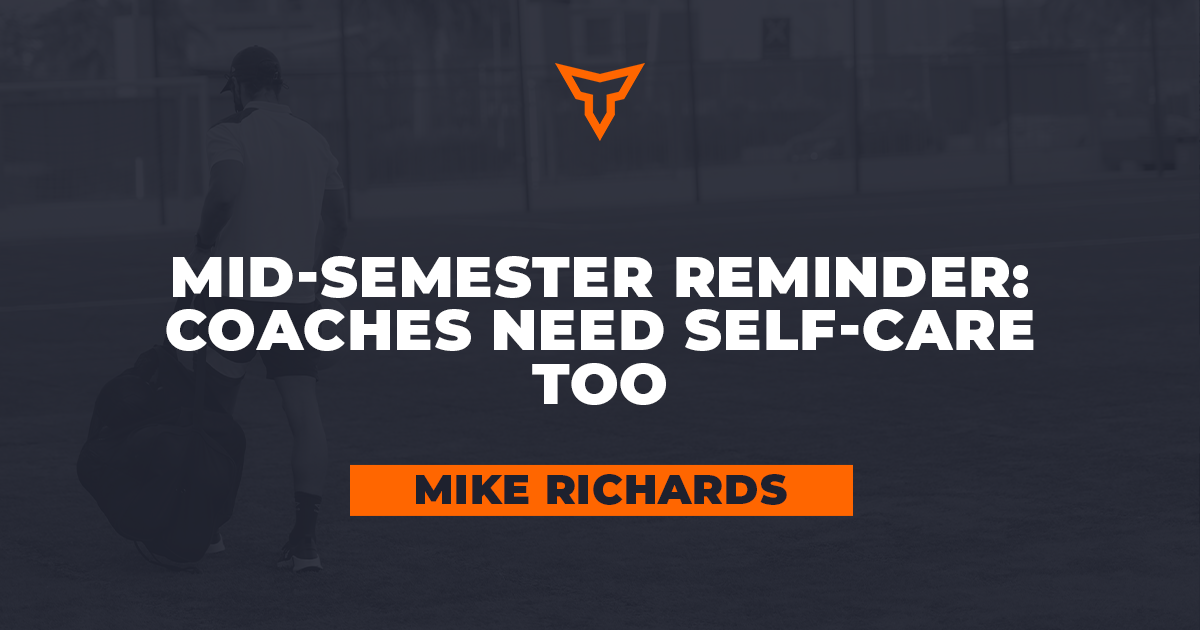
Mid-Semester Reminder: Coaches Need Self-Care Too
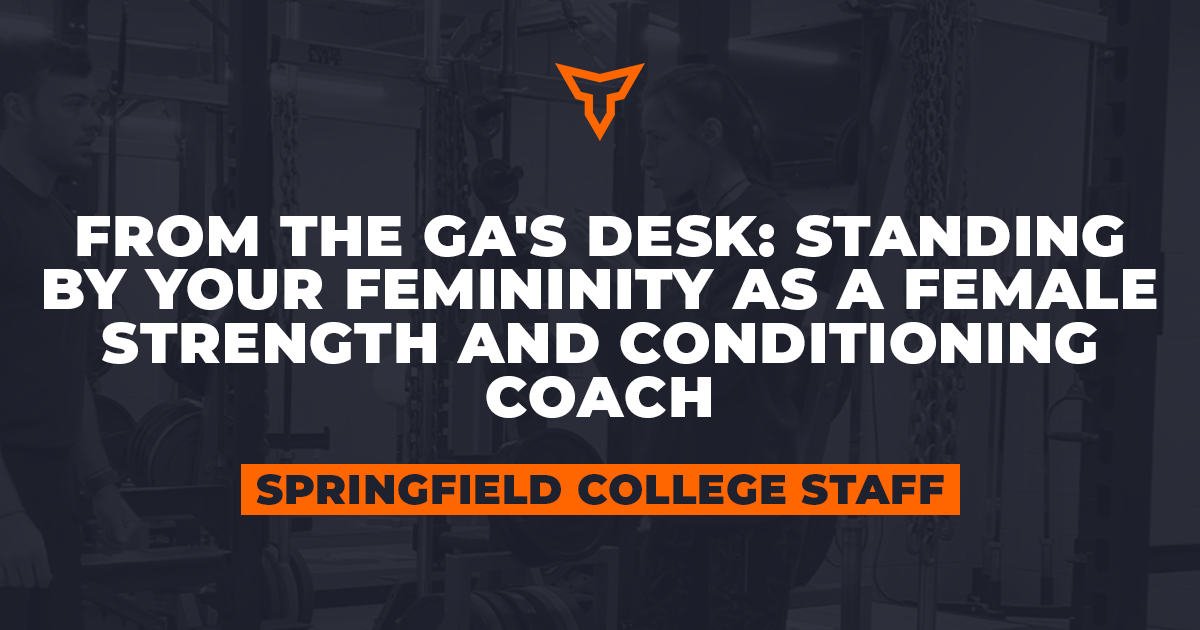
From the GA's Desk: Standing by Your Femininity as a Female Strength and Conditioning Coach
